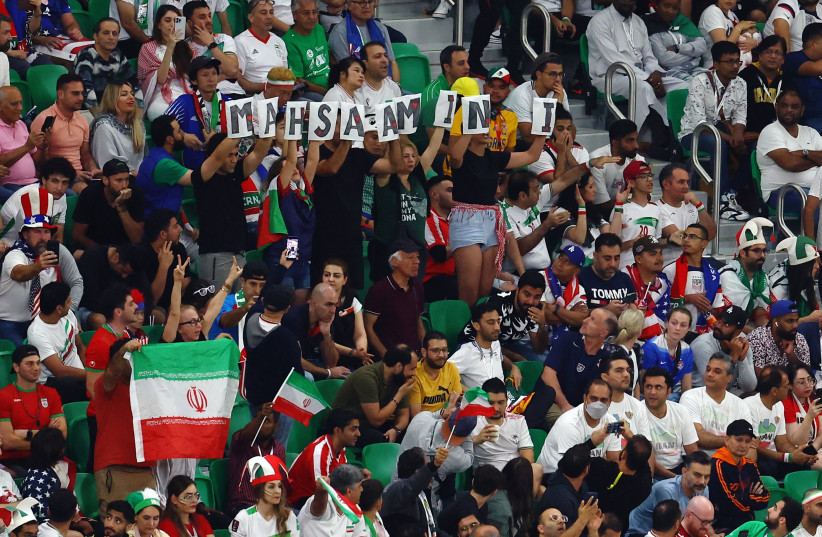Iranian students planning to stage a mass protest fell victim to a stomach illness they called food poisoning ahead of a planned three-day nationwide strike by protestors, Iran’s student union reported on Telegram late last week.
Iranian authorities blame the food poisoning outbreak – which has affected students at four major Iranian universities – on water-borne bacteria. Iran’s student union is not buying the explanation.
“Our past experiences of similar incidents at the Isfahan University negates the authorities’ reason for this mass food poisoning,” the student union declared.
Iran Protests continue

Iranians went on strike across the country on Monday as part of a three-day protest movement coinciding with "Student Day," a commemoration of the murder of three university students by the Shah's police force on December 7, 1953, after his overthrowing of the country's elected prime minister almost four months earlier.
Video from cities and towns throughout Iran showed businesses shuttered, including in Tehran, Isfahan, Shiraz and other prominent Iranian cities.
Iran’s mass protests began in September after its controversial Morality Police arrested 22-year-old Mahsa Amini for allegedly not wearing a hijab properly. She mysteriously fell into a coma while under their custody and died three days later.
Authorities deny beating Amini and insisted in a statement that the cause of death was sudden heart failure, possibly from preexisting conditions – a claim her family and others called into question after a lack of transparency led many to suspect foul play was involved in her death.
An Iranian judicial official said on Sunday that the Morality Police, who drew the ire of the world, would be abolished, though both Iranian state media and anti-government protesters downplayed those statements.
Despite attempts by authorities to quash the protest movement, Iranian protestors continue to garner support at home and abroad. Players from Iran’s national team seemingly supported protesters at the start of their first matchup of the 2022 World Cup in Qatar in late November, as they decided not to sing when the Iranian national anthem was played. Players sang the anthem in their subsequent games after their families were allegedly threatened if the players were to continue their silent protest.
Tzvi Joffre contributed to this report.
